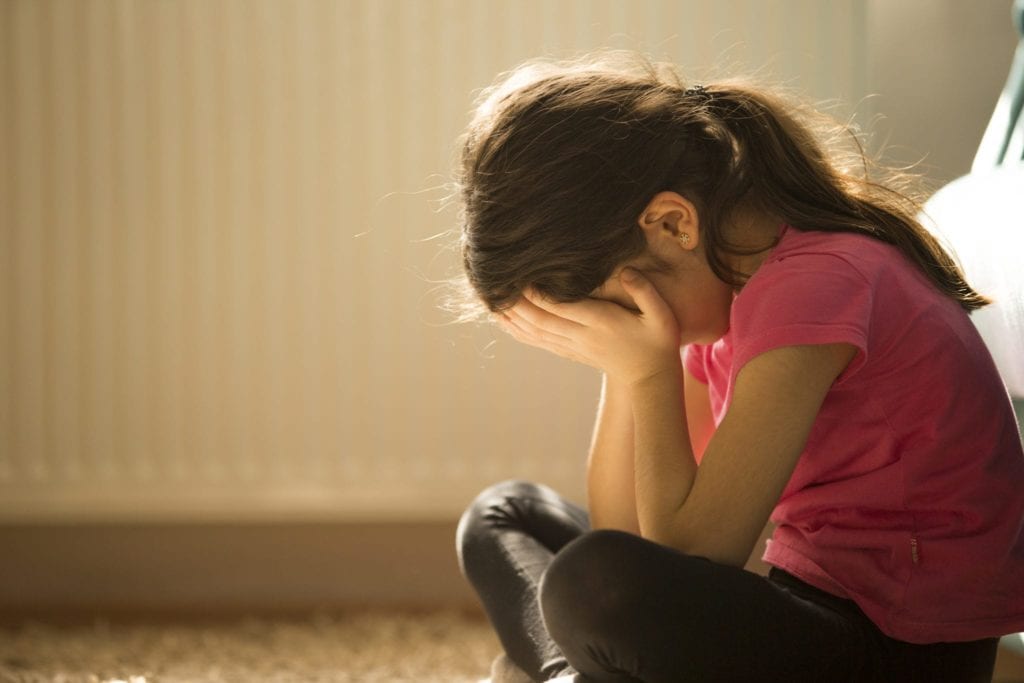There is no reason to beat around the bush; our country is in the middle of an opioid crisis. Each of us either knows someone personally or shares a mutual friend with a person or family struggling with an opioid addiction. When we hear a story of someone who is struggling to beat addiction, we feel for them and want to help. But often hidden in the background are the most helpless victims – their children.
Opioid use has quadrupled since the late 90s. Opioid use includes prescription drugs, pain relievers such as oxycodone, fentanyl, and hydrocodone, to name a few, as well as heroin. Drug overdoses are the leading cause of accidental death in the United States, surpassing car accidents or accidental use of a firearm.
Opioids are Destroying Families
Parents who are struggling with an opioid addiction are often too distracted to focus on the needs of their children on a daily basis. Undoubtedly, children will be neglected, left without proper care or food, and living in desperate situations. This neglect can lead to child services stepping in and removing the children from the home. Children will either go on to live in foster care or will be placed with relatives while the parents seek treatment.
Depending on the parents’ support system or their desire to get clean, children can stay in limbo for months or even years. And in some cases, children can end up moving between foster homes or feeling fearful for the outcome of their parent’s addiction.
Opioid Addiction Has a Long-Term Effect on Children
From the moment a child is conceived by a parent struggling with opioid addiction, the effects have already begun. Pregnancy is often not intended, so mothers often do not seek the necessary prenatal care or stop drug use until later, if at all. Children born to opioid addicted parents often suffer from low birth weight, premature birth, and neonatal abstinence syndrome (NAS).
A child born with NAS will often spend the first month and a half of their life in the hospital, fighting seizures, experiencing tremors, and growth problems. Children born into a family suffering with opioid addiction will often suffer from depression or anxiety during the already challenging teen years, possibly turning to opiates themselves. It’s a cycle that needs to be broken but it cannot start with children.
For the youngest victims of this epidemic, we need to provide the right emotional, physical, and social support to help them recover and heal from the traumatic events of their young lives.
If you or someone you know is suffering from opioid addiction, it is not too late to seek the help needed to help heal their family. Children will always love their parents and will be there to help them as they heal and recover but the first step has to come from the parent.
For more information on how Advantage Mental Health Center can help someone dealing with opioid abuse, visit our website and contact us.


